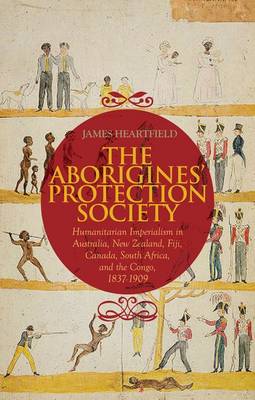Columbia/Hurst
1 total work
For more than seventy years the Aborigines' Protection Society (APS) fought to protect the rights of natives living under the rule of the British Empire. Active on four continents, the APS resisted the efforts of white supremacists while defending aboriginal interests across the globe. The APS put Zulu King Cetshwayo in contact with Queen Victoria and brought Maori rebels to the banqueting hall of the Lord Mayor. The society's supporters faced dangerous pushback by the powers they challenged and were labeled Zulu-lovers and traitors by senior British Army officers and white settlers. This book tells the story of the struggle among Britain's Colonial Office, white settlers, and aborigines that determined the development of the empire in its formative years. Particularly, it describes the pivotal role of APS in limiting the claims of white settlers for the sake of native interests. Despite this victory, native protection policy actually expanded imperial rule. Focusing on examples from southern Africa, the Congo, New Zealand, Fiji, Australia, and Canada, James Heartfield shows how the arguments made by supporters of native protection policy indirectly justified colonization.
Highlighting the wreckage of humanitarian imperialism today, he sets out to identify its roots in the beliefs and practices of its nineteenth-century equivalents.
Highlighting the wreckage of humanitarian imperialism today, he sets out to identify its roots in the beliefs and practices of its nineteenth-century equivalents.
